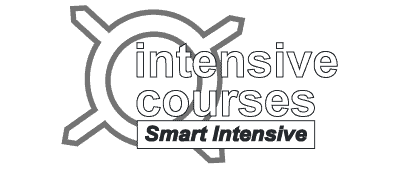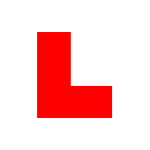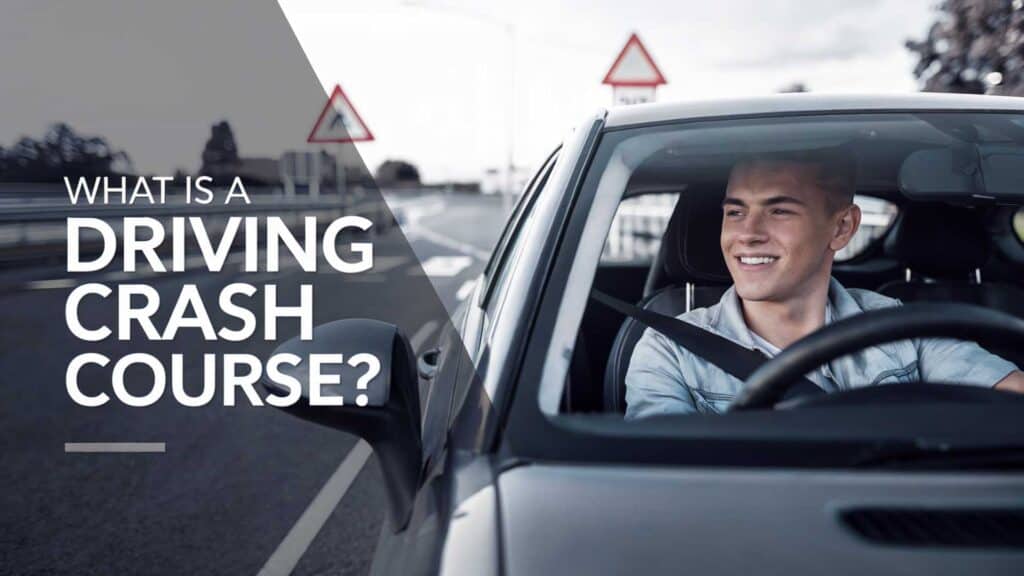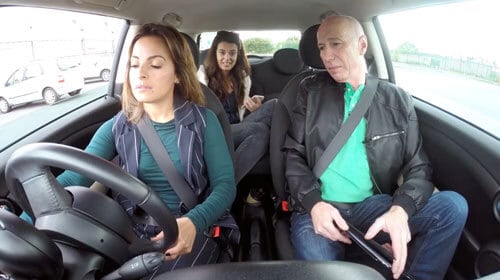What’s the difference between Crash Courses, Intensive Learning or Intensive Driving Courses?
What’s in a name?
You’re searching for a quick but effective way to learn to drive, so you’ll have seen these phrases a few times. But what’s the difference between them, and how relevant to you are the packages available at Intensive Courses?
Let’s belt up and mirror-signal-manoeuvre off to find out.
Crash Courses
“Crash” certainly implies that something has happened quickly! A crash diet is all about losing weight in as short a time as possible; a crash barrier prevents accidents from crossing to oncoming traffic; a hospital crash trolley zooms to a patient’s bed for any urgent reason. “Slow” and “crash” just don’t go together, unless it’s a special effect in a movie.
A crash course is one where you learn basic facts or skills over a short period. This might be to help you use a new piece of equipment for a specific task, learn enough Spanish to find food, hotels, toilets and beer whilst on holiday, or indeed teach you how to drive. A crash course can sometimes be a consolidation exercise, designed to reboot and sharpen some skills and knowledge that is already there. Luckily at Intensive Courses, we can work with you from scratch or from whatever level of experience you already have.
I imagine you’re thinking that a “crash course” might not be the most appropriate and positive term to use in connection with learning to drive safely. Yes, stop sniggering at the back. That could explain why (nerdy fact alert) the phrase is in the lower 50% of commonly used terms in the Collins Dictionary, never really a rising star since its early 1960s origins.
So let’s take just the fast and time-limited aspects of the phrase, and move on…
Noel Gaughan from Intensive Courses giving a crash course to Its4women
Intensive Learning
Intense and intensive have different meanings. If you describe something as intense, that’s all about your feelings and reactions: intense heat, intense excitement, intense gym workout. What’s intense for one person might not be so for another. My colleague runs 5 kilometres every Saturday in his local Park Run. That’s too intense for me. I run three times around the block every day. Then I put it back with the rest of the Lego.
But intensive? That’s a different thing altogether. Something intensive has been designed to involve a lot of input and effort for everyone. That’s why we call our driving courses Intensive Courses: when you’re learning to do something as important and regulated as learning to drive safely and consider other road users, you can’t be haphazard about it. This isn’t an evening course about the representation of sheep in Victorian art. This is about driving safely, appropriately and legally along the 262 300 miles of roads in the UK, of which 9 197 miles – a full 3.5% – are in London. You’ll want to know how to do that so that you can enjoy the freedom of travelling when and where you want.
Intensive also implies a lot of focus and concentration. You can take months to learn to drive if you spread it across a lesson or two a week, and you’ll forget things from lesson to lesson. You will gradually become more confident and proficient. Yes, gradually – not rapidly. There will be many other calls on your life over the months of learning. Lots of distractions. Something intensive, on the other hand, focuses you for the short time period you dedicate to this important life skill.
And here’s where Crash and Intensive part ways. Crash courses give you the basics – what you need in order to get by. However intensive learning, by definition, includes the speed and short time frame of a crash course but adds depth, which is essential in the case of learning to drive. And that’s where the term Courses come in…
Intensive Driving Courses
Many drivers – Mum and Dad included – will believe that because they can drive, they can teach you to do the same. But without following a planned and structured course, they run the risk of throwing random fragments of information and practice about like confetti in the wind. If you learn like that, you’re bound to miss something. That’s not a good idea when learning to drive!
A course, on the other hand, is a defined, detailed and sequenced scheme of learning about a particular subject. It takes account of the learner’s knowledge and experience and builds on that in an organised way to link it all. together. The result is a sound foundation without any gaps. If you’re building the foundation for a house, you want it to be continuous under the house. You wouldn’t want to direct your guest to the loo only for them to fall down a hole just inside the door.
So that’s what a course itself is. The other aspect of a course is the person who’s teaching it. The driving instructors who work for Intensive Courses have each clocked up thousands of hours’ experience in teaching people to drive. Not just driving, but also teaching it, which is an additional and different set of skills. Mum or Dad may have spent thousands of hours driving their freight truck to Scotland and back, but they didn’t give a running commentary and instructions about what to do next.
The best of all worlds
So there you have it – the difference between a crash course, intensive learning, and an intensive driving course. A crash course is fast and covers the essentials. Intensive learning involves depth and detail and involves more effort and focus over this short period of time you’ve set apart. And an intensive driving course? That would be fast, cover the essentials and the detail, and an expert would deliver it in a clear and organised way. Yes, it would involve effort and focus on your part – but then so does anything that’s worthwhile.
Related links:
See Testimonials of pupils who passed their driving test doing a crash course
Last updated: 21/11/2024



